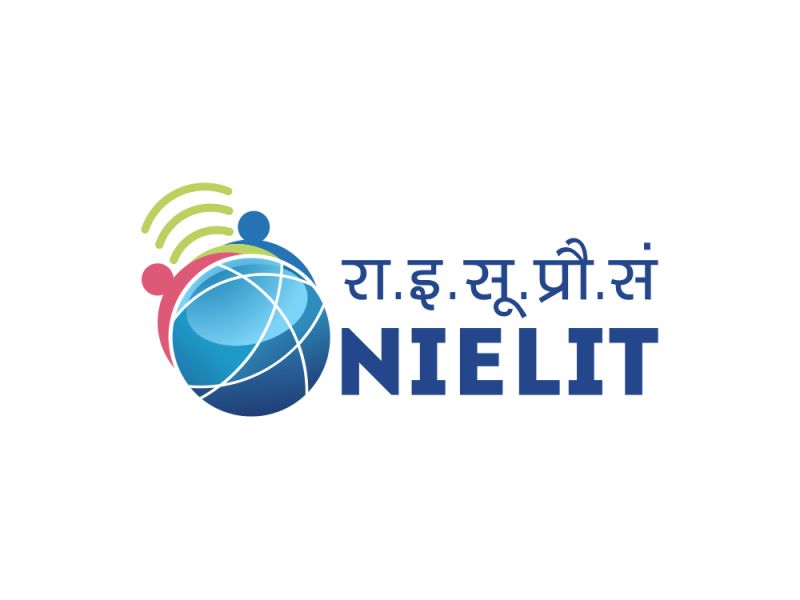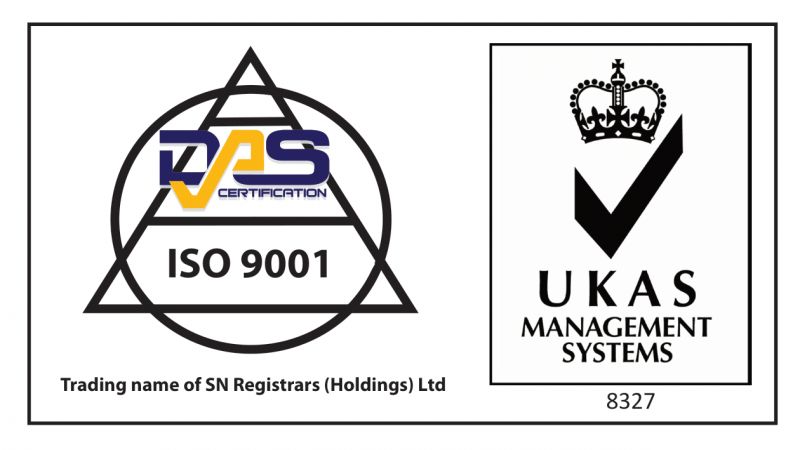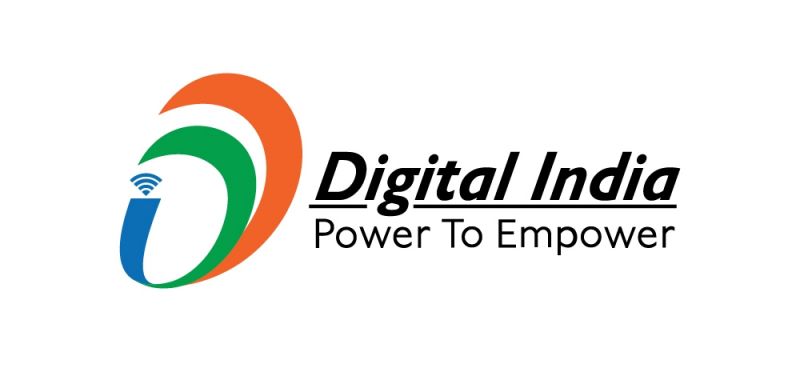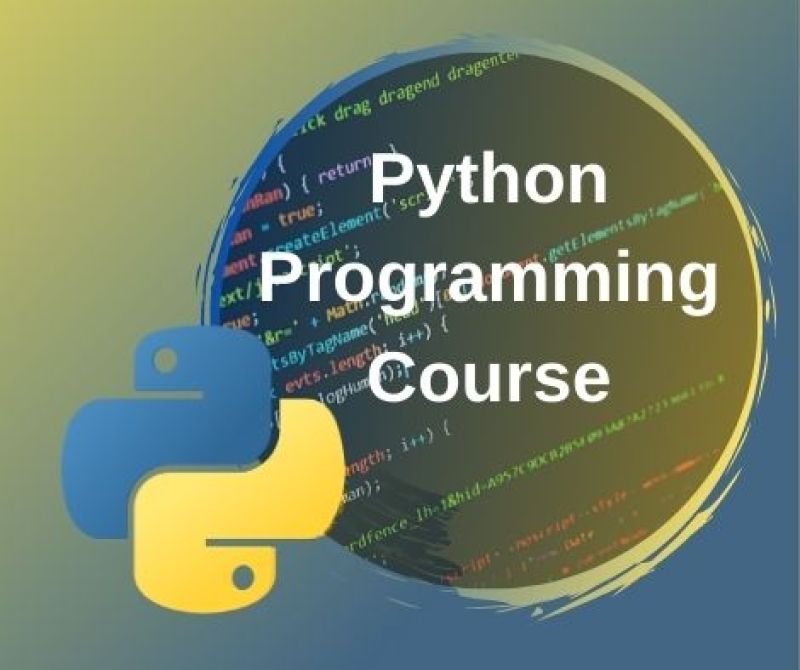
Python course in Mathura, Best Python training institute, Python programming classes, Learn Python for beginners, Advanced Python course, Python with projects, Python for data science, Python for web development, Python training with certification, Python programming institute, Job-oriented Python course, Python coding classes, Python programming for AI and ML, Python online and offline training, Short term Python course in Mathura, Career in Python programming.
#IITMComputerEducationMathura, #BestProgrammingInstituteMathura, #LearnProgrammingMathura, #IITMProvidesBestProgramming, #BasicToAdvancedPython, #PythonTrainingMathura, #PythonCourseMathura, #PythonWithML, #PythonWithAI, #MachineLearningWithPython, #ArtificialIntelligenceWithPython, #AdvancedPythonCourse, #PythonCertificationMathura, #BestPythonTraining, #IITMPythonCourse, #PythonCourse, #LearnPython, #PythonProgramming, #PythonTraining, #PythonForBeginners, #PythonDevelopment, #PythonTutorial, #PythonOnlineCourse, #PythonBootcamp, #PythonCoding, #PythonProjects, #PythonAutomation, #PythonMachineLearning, #PythonDataScience, #PythonWebDevelopment, #PythonScripting, #BestPythonCourse, #FreePythonCourse, #OnlinePythonTraining, #PythonCertification, #PythonClasses, #IITMComputerEducationMathura.
Here’s a detailed and engaging course description for your Python Programming Course at IITM Computer Education Mathura :
--------------------------------------------------------------------------------------------------------------------
Python Programming Course – From Basic to Advanced
Master Python for Web Development, Data Science, Machine Learning & AI
*Join IITM Computer Education Mathura's most comprehensive Python course* and take your programming skills from beginner to expert level. Whether you're looking to build websites, automate tasks, analyze data, or dive into artificial intelligence, this course is perfect for you!
Why Learn Python?
Python is one of the most versatile and in-demand programming languages today. It is widely used in web development, automation, data science, artificial intelligence, cyber security, and more. With an easy-to-learn syntax, Python is ideal for beginners and powerful enough for advanced developers.
----------------------------------------------------------------------------------------------------------------
Course Highlights :
· Python from Scratch – Learn Python step by step, starting with the basics and progressing to advanced topics.
· Real-World Projects – Work on hands-on projects likechatbots, web scrapers, data analysis models, and AI applications.
· Machine Learning & AI – Get introduced to Machine Learning and Artificial Intelligence with Python.
· Data Science & Visualization – Learn how to handle and analyze data using Pandas, NumPy and Matplotlib.
· Web Development with Python – Build web applications using Django and Flask.
· Automation & Scripting– Automate repetitive tasks using Python scripts.
· Industry-Oriented Curriculum – Learn what top companies look for in Python developers.
· Certification & Job Assistance – Receive an industry-recognized certificate and career guidance.
----------------------------------------------------------------------------------------------------------------
Who Can Join?
Students and beginners who want to start coding
Job seekers looking for a high-demand skill
Professionals who want to enhance their programming knowledge
Engineers and IT professionals aiming for **Machine Learning and AI** careers
Business analysts and data enthusiasts interested in Data Science
------------------------------------------------------------------------------------------------
Course Modules :
1. Python Basics:
· Introduction to Python and installation
· Variables, Data Types, and Operators
· Conditional Statements and Loops
· Functions and Modules
2. Intermediate Python:
· File Handling and Exception Handling
· Object-Oriented Programming (OOP) in Python
· Working with APIs and Databases
3. Python for Data Science & Machine Learning:
· Data Handling with Pandas & NumPy
· Data Visualization with **Matplotlib & Seaborn
· Introduction to Machine Learning with Scikit-Learn
4. Python for Web Development:
· Introduction to Web Development
· Building Websites withDjango & Flask
5 Advanced Python & AI Applications:
· Deep Learning Basics
· Automation & Scripting
· Deploying Python Projects
------------------------------------------------------------------------------------------
Why Choose IITM Computer Education Mathura?
· Award-Winning Institute – Recognized for excellence in education.
· Expert Faculty – Learn from industry professionals with real-world experience.
· Hands-On Training – Practical sessions with live projects.
· Certification – Earn a valuable certification upon course completion.
· Placement Support- Get job assistance and interview preparation.
Location: IITM Computer Education, Mathura
Contact : 8899251616
New Batches Starting Soon!
Don’t miss the chance to become a Python expert! Enroll today and start coding your future!
Eligibility : 10TH

Course Code : D001

Course Code : S-09

Course Code : S-003

Course Code : M-OO2

Course Code : M-001

Course Code : S-01

Course Code : S-02

Course Code : S-03

Course Code : S-04

Course Code : S-08

Course Code : M-001

Course Code : M-OO2

Course Code : S-01

Course Code : M-003

Course Code : S-01

Course Code : S-04
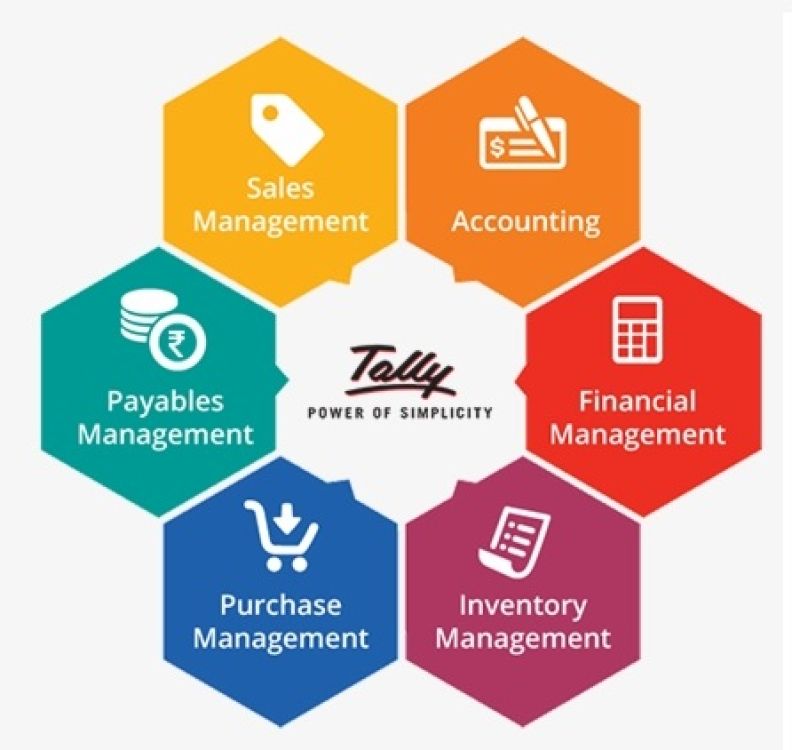
Course Code : C-11

Course Code : D-02

Course Code : C-11

Course Code : M-003

Course Code : D-02

Course Code : D-02

Course Code : S-12

Course Code : S-04

Course Code : C-11

Course Code : M-001

Course Code : M-003

Course Code : D-02

Course Code : S-C18

Course Code : D-11

Course Code : S-DEO

Course Code : S-C-09

Course Code : S-C-09

Course Code : DGD01

Course Code : S-C021

Course Code : S-C021

Course Code : S-01

Course Code : S-12

Course Code : C-11

Course Code : S-04

Course Code : M-001

Course Code : M-003

Course Code : D-02

Course Code : S-12

Course Code : S-C18

Course Code : S-DEO

Course Code : S-C-09

Course Code : DGD01

Course Code : S-C021

Course Code : S-D14

Course Code : S-D15

Course Code : S-D15

Course Code : S-D15

Course Code : DGD01

Course Code : D001

Course Code : D001
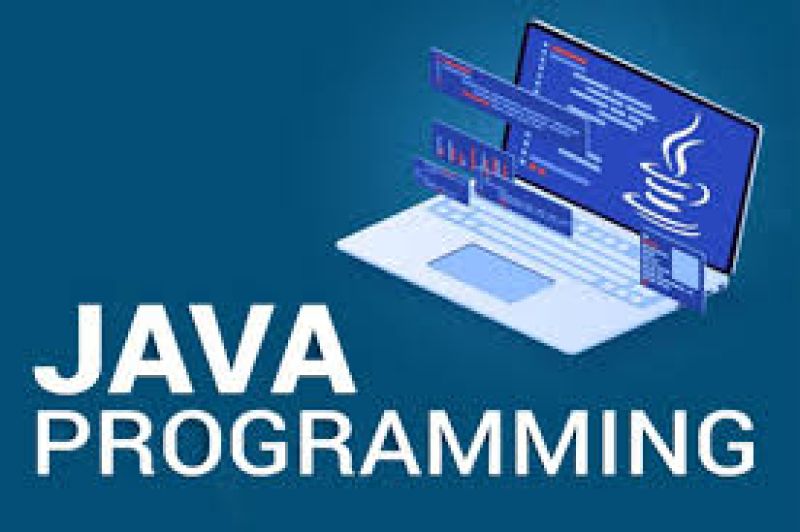
Course Code : S-C-26

Course Code : M-OO2

Course Code : M-AD-02

Course Code : M-AD-02

Course Code : M-AD-02

Course Code : M-AD-02

Course Code : M-AD-02
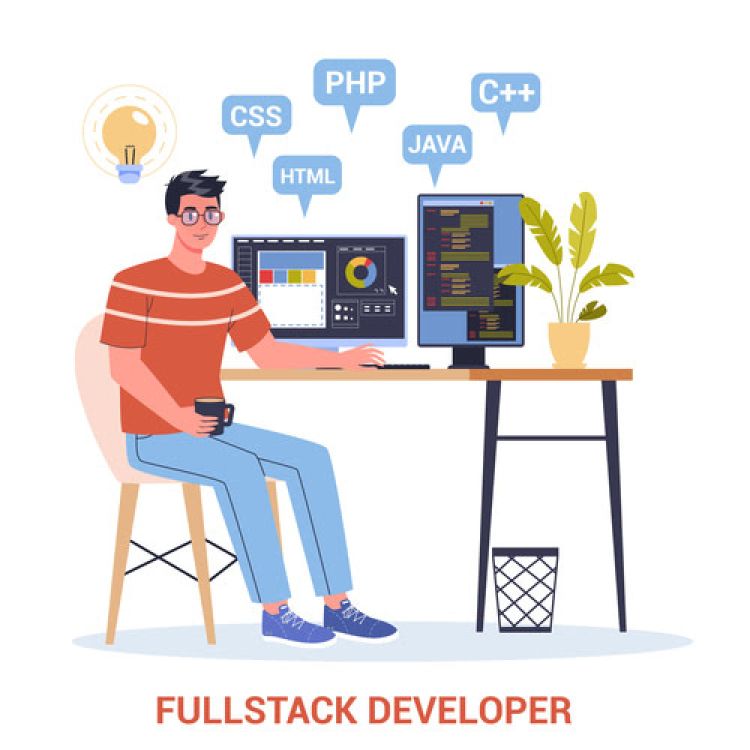
Course Code : C25
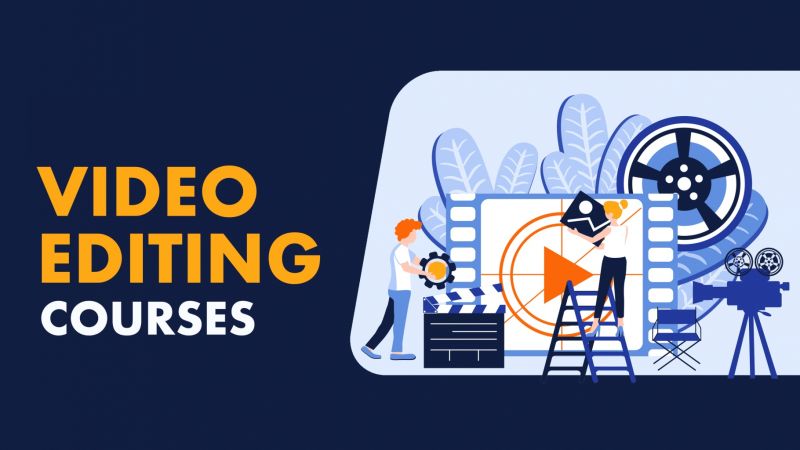
Course Code : S-27

Course Code : S-27

Course Code : C25

Course Code : S-27

Course Code : C25

Course Code : M-001

Course Code : M-003

Course Code : D-02

Course Code : M-AD-02

Course Code : C25

Course Code : S-27

Course Code : S-C18

Course Code : S-DEO

Course Code : S-C021

Course Code : S-01

Course Code : C-11

Course Code : S-D15

Course Code : DGD01

Course Code : S-04

Course Code : S-C021

Course Code : S-C18

Course Code : S-DEO

Course Code : S-C27

Course Code : S-D15

